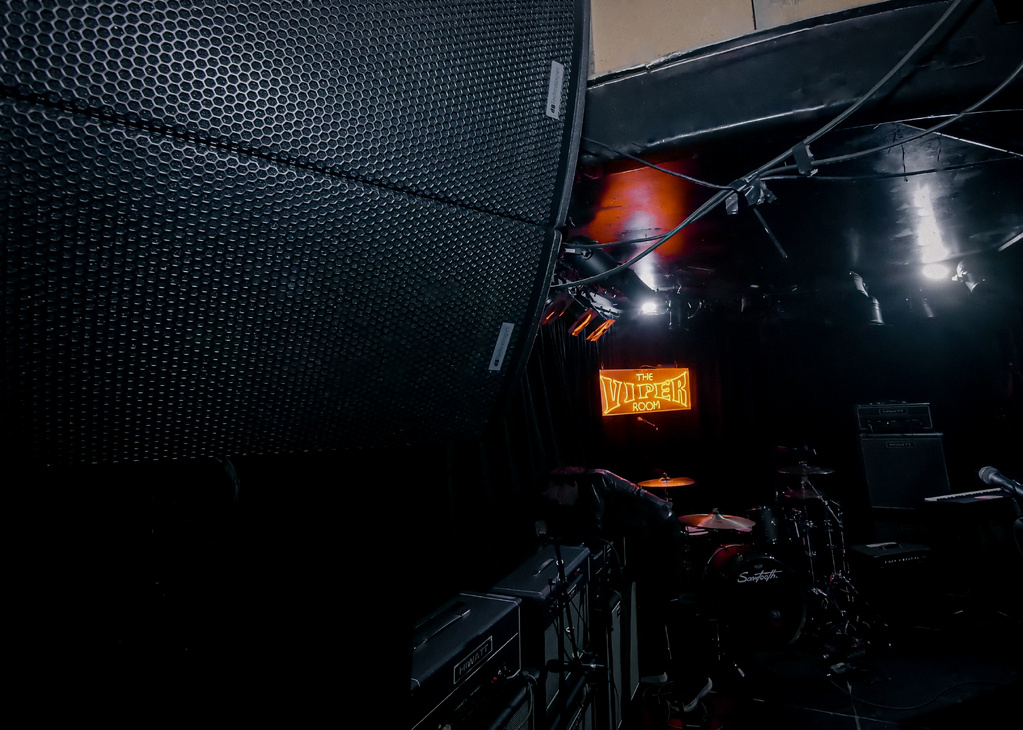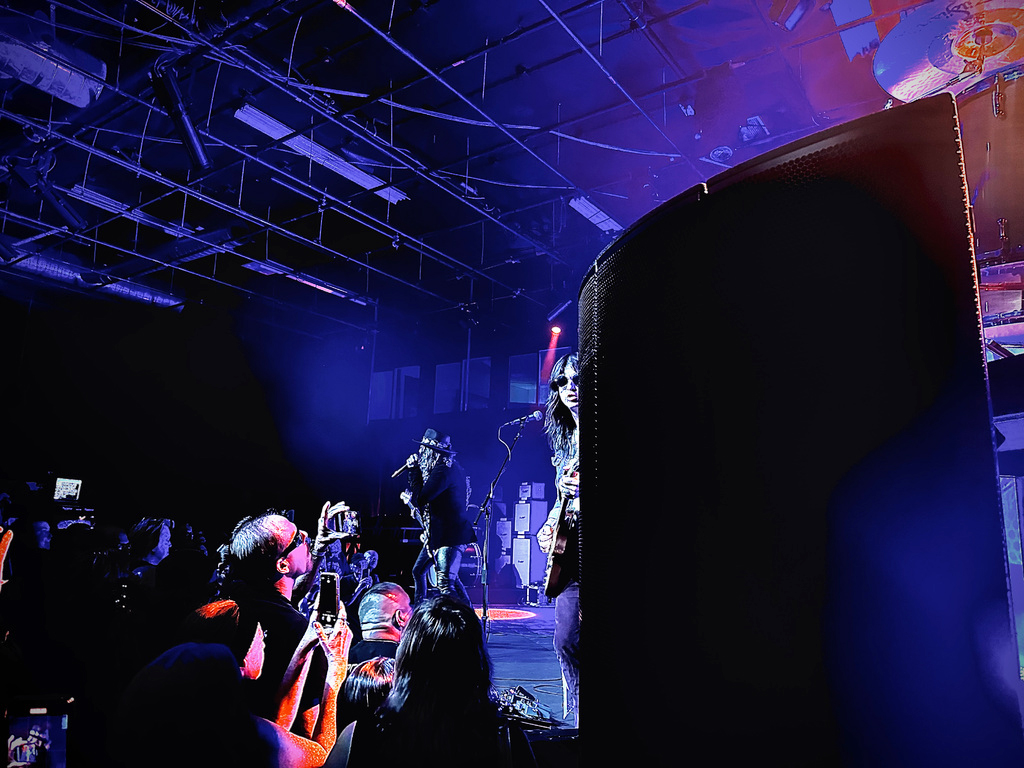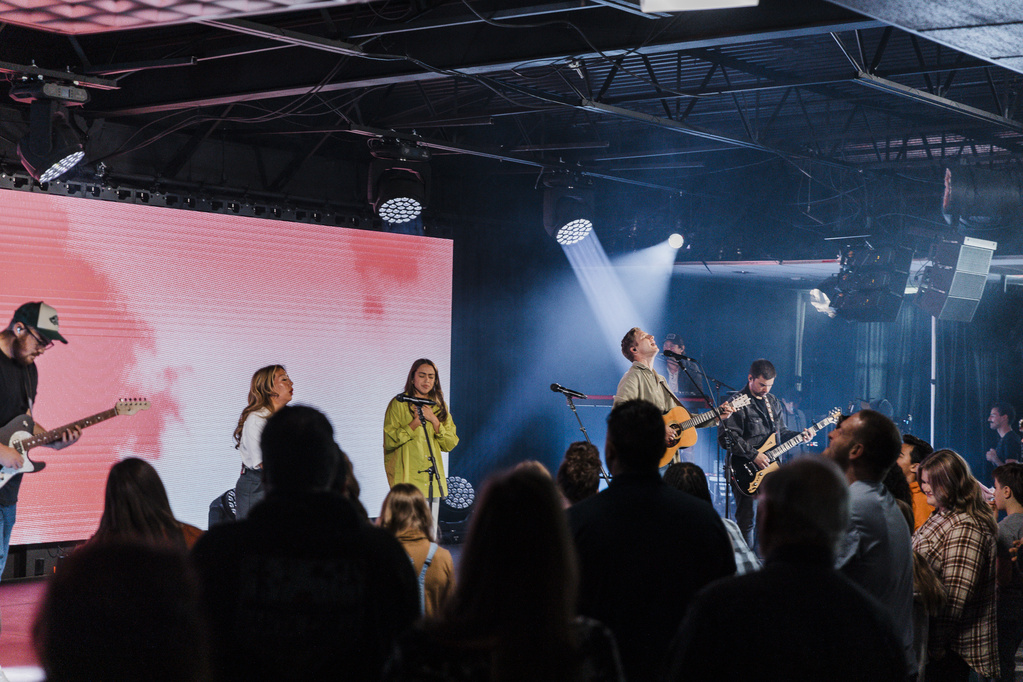Having gone through the proposal process for a new sound system, and having a job that deals with contracts and proposals, I thought I’d address a some of the myths of proposals.
Ever heard the one that says, “if the proposal is higher than your budget, look elsewhere.” Not true! A proposal is a list of products and services that a firm has determined is required to fulfill the needs of the request set before them.
When money issues come into play, you must look into the following areas:
—Requirements. Have you provided the best requirements possible? You want a lighting control system but have you clarified how much control and the types of lighting?
—All or Nothing. Did you hand them a sheet that said “We want a sound system for our church that does everything?” If so, they will give you a price to meet that need.
—Flexibility. Do you have to have “top of the line” products or will a mid-range component fill the need? You might want that cool $5,000 sound mixer but a $1,200 unit might do just as well given your use of it.
A proposal is often a starting point. If you find a contractor that you like but their proposal dollar figure doesn’t fit with your budget, look into these areas and I’ll bet you will find a way to provide better requirements and thus receive a better proposal.
Here’s another contract proposal myth: lowest bidder wins.
Shopping for the best price on something like a 32-channel Yamaha digital mixer is easy. You pick out the model you like and then you check stores for prices. In this case, you’re dealing with the same make and model. Not so with most sound system proposals.
A proposal should be the result of an RFP (Request For Proposal). An RFP is a document that outlines the conditions that are required to be met by the proposal.
Going back to the mixer shopping, when you shop for that specific Yamaha mixer, you have an RFP in your head that says, “I need a Yamaha ‘Model X’ mixer for the best price possible and from a reliable dealer and I want a new mixer, not a used one.”
Now let’s jump to a simple sound system proposal – I’ll keep this informal in a first person phrasing…
“I want a new sound system for the church. We usually have three microphones in use as well as a guitar and a keyboard. I want it to sound great. I want to record sermons.”
How specific is that request? Frankly, not at all. Do the existing main loudspeakers need to be replaced? Are those loudspeakers underpowered?
Do you have loudspeakers in the hallways or the nursery that might require an additional amp? How big is the sanctuary? What format do you intend to use for recording sermons? Do you use any monitors on the stage?
Even with these questions, product makes and models haven’t been mentioned. Then we have the whole issue of services you might require, like setting the house EQ.
When a non-specific RFP produces 10 proposals, is the cheapest proposal the best proposal to meet your needs? NO! As a note, if you do produce a generic proposal, a good sound company will ask you for specifics but it’s really best when you can put as much detail as possible in your RPF.
I do feel it’s fair to add some comments as it relates to product makes and models. It’s possible to specify product makes and models in a proposal – but not necessarily good.
Specifying a product make and model requires that you are 100 percent positive that particular make/model will do exactly want you need and work with the rest of the sound system, and it’s a good product and it’s not a brand-new product, and the installing company has experience with it… You can see how product knowledge is a whole lot more than reading a product review.
The next time you need contract work that requires any form of an RFP, know that a very specific RPF will generate more accurate proposals. Otherwise, you will get proposals that can have a wide range of pricing and a wide range of results.





















